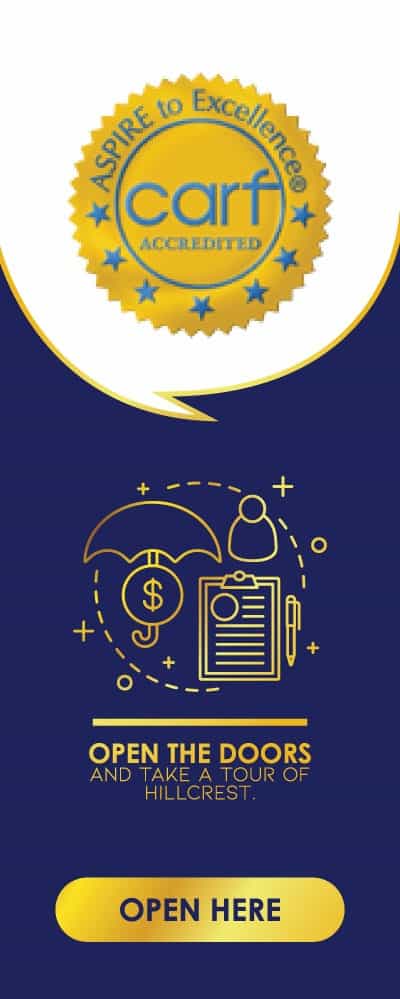Teen Social Skills Disorder
Many teenagers are insecure and uncomfortable in social settings. In modern times, many more teens struggle with social skills because of the fantasy world of social media and the ability to hide behind the screens, instead of braving the transparency of reality. Many teens struggle with expression and the ability to use words to give meaning to how they are feeling. Lack of social skills and the inability to adapt to social settings often affects a teenager’s ability to make and keep friendships, and foster other long term healthy relationships.
Social Skills elaborated & symptoms
Teen social skills disorder is also known as Nonverbal Learning Disabilities (NVLD), a condition that makes normal conversation and socializing for teens a huge struggle. NVLD does not necessarily appear in early childhood. One may become symptomatic in grade or middle school. The importance of social skills is undeniable for this is the cornerstone and foundation for all relationships, whether they are friendships, school/work relationships or romantic. Teens that lack social skills usually struggle to make normal conversation. This also affects their ability to listen. Often they laugh out of context, experience delayed reactions, are unable to read facial expressions and subtle social cues, and appear uncomfortable in their own skin in social settings, such as, biting their nails or fumbling with their hands and avoiding eye contact.
Causes
One of the main causes of teen social skill disorder / NVLD is Attention-Deficit Hyperactivity Disorder (ADHD). ADHD symptoms cause children to be unfocused and make it more difficult for them to control their impulsive behavior. ADHD symptoms include exasperated behavior, especially when one is required to wait or be patient. Sufferers from ADHD require immediate results. They interrupt others to blurt out answers in the middle, have trouble waiting for their own turn, and quickly give up their assigned tasks, even within group activities. All of these symptoms hinder the ability to foster healthy social skills.
Social skills therapy and other strategies
There are various types of therapy and other strategies used to enhance social skills. Some of these methods are:
Cognitive Behavioral interventions (CBI) : Techniques are used in schools to find out the root cause for a child’s failure to develop social skills. Once the root cause is discovered, a solution can be tailored to counter that underlying issue.
Social thinking : Teaches teens about the ripple effects of their behavior. This method helps one understand why certain behavior protocols are necessary particularly in public social settings and thus encourages different behavioral patterns and practice of more accepted social norms.
Positive Behavioral interventions and supports (PBIS) : Is a program applied in many schools for teaching the teens appropriate social skills and helping them develop these tools in a way that it is second nature for them.
Treatment at Hillcrest
Hillcrest Adolescent Treatment Center (Hillcrest) is a tranquil, rehabilitation oasis expertly designed to treat adolescents struggling with teen social skills disorder. The magnificent residential facility is based in the tropical foothills of Agoura Hills, California. Rustic, yet elegant, it is uniquely situated and designed to provide and nurture healing on all levels, while focusing on the key principles of mind-body health.
Clients participate in 3-5 weekly individual therapy sessions. Evidence-based clinical therapies are complemented by holistic and creative therapies to provide a well-rounded rehabilitation experience that is bespoke and successful.
Clients are encouraged to express their thoughts and feelings through daily journaling, and embrace new options, experiences and open-minded views, all the while guided by committed and stellar mental healthcare professionals, therapists and counselors. Due to the quality staff on board, Hillcrest clients are able to establish strong positive rapport and connections to expedite healing and cement comfortable communication and respect. These healthy relationships allow for ongoing progression and recovery both during and post treatment.







